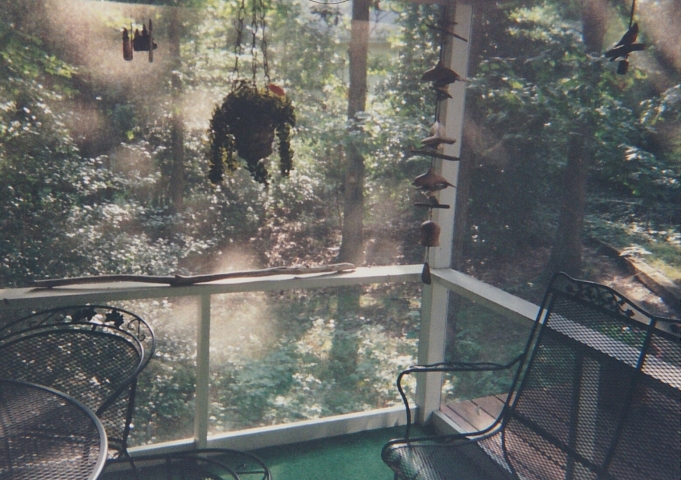Watching my son sleep I seek a civil tomorrow
Authority is a big-sounding word. It has an impressive meaning: the knowledgeable power to control. But do we disdain or respect that, seeing authority as a hammer over our head or a benevolent protector?
I am remembering something from the past, while at the same time looking across this apartment to where my teenage son sleeps. Years ago I lived the single man’s expat life in Taipei, a city of wooden abacuses and glassy skyscrapers. One humid day I was walking along Chungshan North Road when I heard a commotion behind me. Turning I saw a woman arguing with a traffic cop. After dismounting his Harley, the booted policeman had scribbled a ticket and handed it to her. She was yelling in protest, waggling her finger angrily at the officer, scowling beside her pink motor scooter. I recall thinking that would never have happened a decade earlier when Taiwan was under martial law. Her previous generation had feared crossing Chiang Kai-shek.
Has a dislike of those in power intensified? Consider the beer bottles thrown from upper decks at baseball umpires, violent unrest in Baltimore and Ferguson, and how the opposition political party always fumes nastily against the one in charge. The military is a shining example of an organization that cannot function without a tightly buttoned commander-subordinate hierarchy. Still, there are cases of soldiers disobeying.
Respect for rules helps prosperity and survival. Children need to learn that, consistently from parents and teachers. Imagine what it would be like without traffic regulations on busy roads, legal protection in communities and referees at basketball games. What a mess reports would be if all staff writers did not adhere to house style consistency. Disrespectful adult citizens may have become that way because they were not taught moral standards when growing up. Frightened of that possibility, I want my son to learn peaceable behavior.
There are examples to share and discuss with him. In America, a black new widow publicly forgives the soul of a white gunman after Carolina church killings. A former POW in his eighties travels to Japan to befriend the wartime enemy who had tortured him. There are instances of societal love. A Taiwanese charity says to care for the entire world not just your family. In Thailand, I have seen passengers give their seats to Buddhist monks who board the trains. Filipinos spared by an earthquake come together carrying cinder blocks and paint to rebuild a less-fortunate family’s home; the kindness is repaid by a meal of chicken adobo celebrated with coconut wine.
When I look at my teenage son, his potential in this interurban world growing faster than big data, I tell myself to strive for correctness. It does not work when the person in charge—in my case me—is not a trustworthy role model. Be firm, reliable and calm. I want him to admire that I am providing guidance to help him make his own decisions, whether about education, health, employment, or how to handle heartbreak and new romance.
The scooter woman had a disagreement with her police officer, but she showed it hatefully. By the time my son gets his motorcycle, pickup or car, I hope he will have already learned to react with civility.

